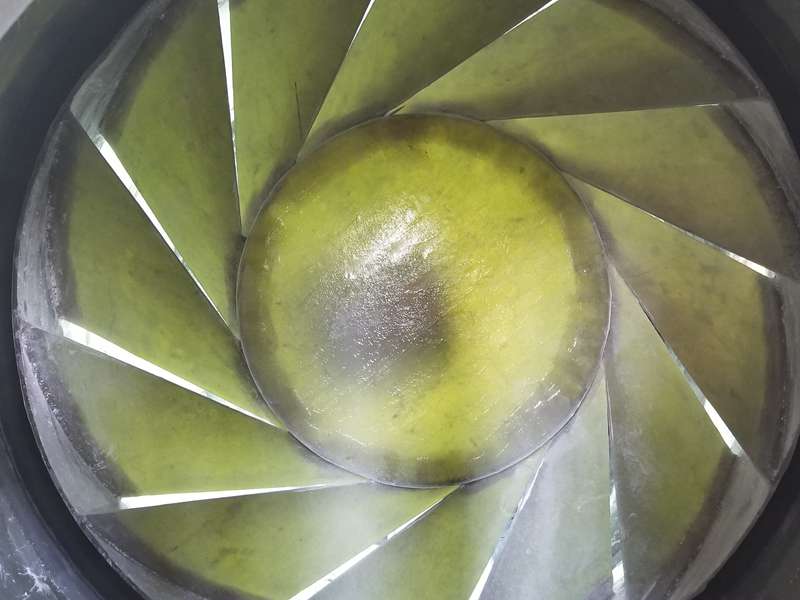
-
 Afrikaans
Afrikaans -
 Albanian
Albanian -
 Amharic
Amharic -
 Arabic
Arabic -
 Armenian
Armenian -
 Azerbaijani
Azerbaijani -
 Basque
Basque -
 Belarusian
Belarusian -
 Bengali
Bengali -
 Bosnian
Bosnian -
 Bulgarian
Bulgarian -
 Catalan
Catalan -
 Cebuano
Cebuano -
 China
China -
 China (Taiwan)
China (Taiwan) -
 Corsican
Corsican -
 Croatian
Croatian -
 Czech
Czech -
 Danish
Danish -
 Dutch
Dutch -
 English
English -
 Esperanto
Esperanto -
 Estonian
Estonian -
 Finnish
Finnish -
 French
French -
 Frisian
Frisian -
 Galician
Galician -
 Georgian
Georgian -
 German
German -
 Greek
Greek -
 Gujarati
Gujarati -
 Haitian Creole
Haitian Creole -
 hausa
hausa -
 hawaiian
hawaiian -
 Hebrew
Hebrew -
 Hindi
Hindi -
 Miao
Miao -
 Hungarian
Hungarian -
 Icelandic
Icelandic -
 igbo
igbo -
 Indonesian
Indonesian -
 irish
irish -
 Italian
Italian -
 Japanese
Japanese -
 Javanese
Javanese -
 Kannada
Kannada -
 kazakh
kazakh -
 Khmer
Khmer -
 Rwandese
Rwandese -
 Korean
Korean -
 Kurdish
Kurdish -
 Kyrgyz
Kyrgyz -
 Lao
Lao -
 Latin
Latin -
 Latvian
Latvian -
 Lithuanian
Lithuanian -
 Luxembourgish
Luxembourgish -
 Macedonian
Macedonian -
 Malgashi
Malgashi -
 Malay
Malay -
 Malayalam
Malayalam -
 Maltese
Maltese -
 Maori
Maori -
 Marathi
Marathi -
 Mongolian
Mongolian -
 Myanmar
Myanmar -
 Nepali
Nepali -
 Norwegian
Norwegian -
 Norwegian
Norwegian -
 Occitan
Occitan -
 Pashto
Pashto -
 Persian
Persian -
 Polish
Polish -
 Portuguese
Portuguese -
 Punjabi
Punjabi -
 Romanian
Romanian -
 Russian
Russian -
 Samoan
Samoan -
 Scottish Gaelic
Scottish Gaelic -
 Serbian
Serbian -
 Sesotho
Sesotho -
 Shona
Shona -
 Sindhi
Sindhi -
 Sinhala
Sinhala -
 Slovak
Slovak -
 Slovenian
Slovenian -
 Somali
Somali -
 Spanish
Spanish -
 Sundanese
Sundanese -
 Swahili
Swahili -
 Swedish
Swedish -
 Tagalog
Tagalog -
 Tajik
Tajik -
 Tamil
Tamil -
 Tatar
Tatar -
 Telugu
Telugu -
 Thai
Thai -
 Turkish
Turkish -
 Turkmen
Turkmen -
 Ukrainian
Ukrainian -
 Urdu
Urdu -
 Uighur
Uighur -
 Uzbek
Uzbek -
 Vietnamese
Vietnamese -
 Welsh
Welsh -
 Bantu
Bantu -
 Yiddish
Yiddish -
 Yoruba
Yoruba -
 Zulu
Zulu
Fibreglass Storage Tanks - Durable & Reliable Solutions for Various Industries
Fibreglass Storage Tanks A Comprehensive Overview
Fibreglass storage tanks have emerged as a popular choice for various industries, offering a blend of durability, corrosion resistance, and versatility that traditional materials often cannot provide. These tanks are primarily constructed from a combination of glass fibers and resin, which gives them unique properties that make them suitable for storing a wide range of liquids, from water and chemicals to fuels and agricultural products.
One of the most significant advantages of fibreglass storage tanks is their resistance to corrosion. Unlike steel or concrete tanks, fibreglass does not rust or corrode when exposed to harsh chemicals or environmental conditions. This attribute is particularly important in industries such as chemical manufacturing and wastewater treatment, where the liquids stored can be highly corrosive. As a result, fibreglass tanks tend to have a longer lifespan, reducing the need for frequent replacements or repairs, which can be both time-consuming and costly.
Another key benefit of fibreglass tanks is their lightweight nature compared to metal tanks. This makes them easier to transport and install, allowing for greater flexibility in site selection and setup. Additionally, their lighter weight reduces the need for extensive support structures, which can further lower installation costs. In many cases, fibreglass tanks can be installed in locations that may not support heavier alternatives.
Fibreglass storage tanks are also highly customizable. Manufacturers can produce tanks in various shapes, sizes, and configurations to meet specific industry needs. This adaptability is particularly valuable in sectors where standard tank sizes may not fit the requirements. Customization options also include the ability to add insulation for temperature control or specific coatings to enhance chemical resistance.
fibreglass storage tanks

Moreover, the smooth interior surface of fibreglass tanks reduces the likelihood of sediment buildup, making them easier to clean and maintain. This can improve the quality of the stored liquids and lower the risk of contamination. Additionally, being non-reactive, fibreglass does not leach harmful substances into the stored contents, making it a safe choice for potable water storage.
In terms of environmental considerations, fibreglass tanks can be a sustainable option. Their longevity translates to less frequent replacements, which can help reduce waste. Furthermore, many manufacturers are now using eco-friendly resins in their production processes, further minimizing the environmental impact.
However, it is essential to consider the initial cost of fibreglass tanks, as they can be more expensive than some traditional options upfront. Nevertheless, their durability, low maintenance requirements, and long service life often lead to lower overall costs over time.
In conclusion, fibreglass storage tanks represent a reliable and efficient solution for various storage needs across different industries. Their ability to withstand corrosion, ease of installation, customization options, and lower maintenance requirements make them an attractive investment for businesses looking to optimize their storage solutions and ensure the safety and integrity of their stored liquids. As industries continue to evolve, fibreglass tanks will likely remain a valuable asset in the realm of liquid storage.
Latest news
-
Exploring the Benefits of Top Hammer Drifter Rods for Enhanced Drilling PerformanceNewsJun.10,2025
-
High-Precision Fiberglass Winding Machine for GRP/FRP Pipe Production – Reliable & Efficient SolutionsNewsJun.10,2025
-
FRP Pipes & Fittings for Shipbuilding - Corrosion-Resistant & LightweightNewsJun.09,2025
-
Premium FRP Flooring Solutions Durable & Slip-ResistantNewsJun.09,2025
-
Premium Fiberglass Rectangular Tanks Durable & Lightweight SolutionNewsJun.09,2025
-
Tapered Drill String Design Guide Durable Performance & UsesNewsJun.09,2025









